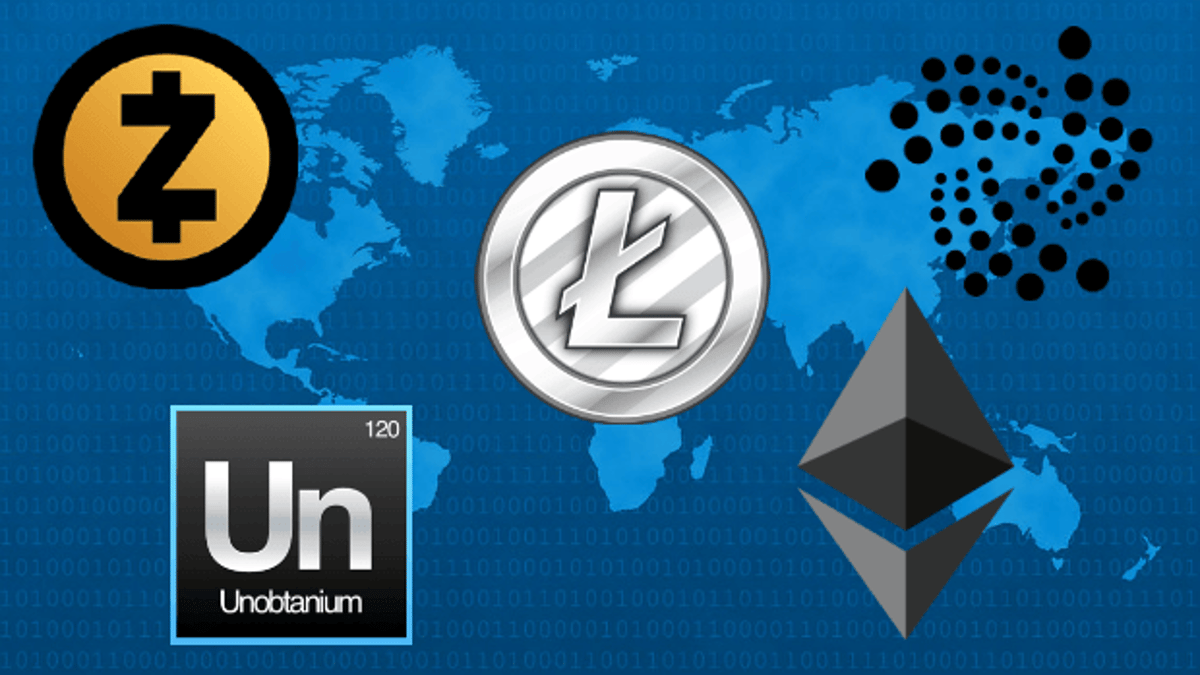An Overview of Altcoin

Mentioning the term ‘bitcoin’ in company may have drawn some fairly blank stares just a few years ago. Bring up Bitcoin in conversation today, however, and chances are most people will have either heard something about the digital currency or maybe investing in Bitcoin themselves.
What is less widely known is that a huge range of Bitcoin competitors have come to fruition in the last number of years. These are ‘alternative bitcoins’, or ‘altcoins’, collectively known as cryptocurrencies and some of them are sufficiently distinct to warrant further attention. In fact a plethora of crypto currencies can be found at payment options at online casinos (except in Ontario).
Top 4 Cryptocurrencies for gambling
When it comes to gambling online, Bitcoin is still the most popular cryptocurrency, but there are alternatives which are becoming popular as both the crypto and gambling industries evolve. Let’s look at some of them:
- Litecoin: was created in 2011 and this variant, which is itself one of the original virtual currencies, is specially designed to be higher volume than its Bitcoin counterpart. Transactions using Litecoins are supposed to be even faster.
- Wager coin: Wager is an altcoin that allows for secure and safe betting on various events, not just one! Its transaction fees are as low as 2% per transaction and it allows users to create their own fantasy leagues.
- Herocoin: is an online eSports betting platform. It has a noble goal: to give players more chances of winning, reduce fees and make sure that players that win often do not get banned as is the norm with other betting platforms. Herocoin aims for transparency through the decentralized nature of cryptocurrency
- Peercoin: is on the rise and it has similar features to the rest, anonymous and safe transactions, instant deposits and withdrawals, decentralized network etc.
The list above contains some of the most promising altcoins in the gaming and gambling industry and they all run on blockchain technology platforms. Cryptocurrency is still new and evolving but it is likely to have a major role to play in all industry soon. Remember how contactless card payments changed the amount of cash you choose to carry? Cryptocurrency can be a similar type of game-changer in online gambling transactions.
Getting Hold of Altcoin
Due to the fact that most altcoins are relatively new, the only place to buy them is on an exchange that deals with cryptocurrency pairings only. This means that you need to first buy some Bitcoin or Ethereum with your local currency, and then use that to exchange for another altcoin. Here’s how it is done:
- First buy Bitcoin at Coinbase.com or another Exchange that lets you use real money
- Next, find out which exchange has your altcoin of choice, go to Coinmarketcap.com, search for the coin you want, and then click "markets" to see which exchanges have it.
- Send your bitcoin to that exchange and get your altcoins.
There are many different exchanges, but you want to focus on the largest ones, as they have the most volume. When you place your first order, it is good practice to place a small trade first, just to make sure you understand the process.
Are Altcoins Secure?
If you plan to hold a large number of altcoins (or BTC for that matter), you probably want to get it off an exchange relatively quickly. You want to move them to a wallet, hardware wallet, or at the very least a desktop version.
While reasonably secure, Altcoin variants often suffer from being 'the flavour of the week', meaning that they're released to a great deal of price-inflating hype and subsequently plummet in value when a new variant hits the scene. These 'boom and bust' cycles can make altcoins a risky investment in monetary terms.
It's important to realise the allure of cryptocurrencies for many is a distinct lack of rules/red tape. This may change in the future, as European and American lawyers are working hard to clarify the status of virtual denominations as 'vehicles of money transmission' and bring them (kicking and screaming) into the existing financial system.
It's also the case that the security of altcoins depends on which wallets and exchanges users choose; though the digital ledgers used to record virtual currency transactions should be difficult to corrupt in theory, security can be compromised by Denial of Service (Dos) attacks and hacking against web-based storage mediums.
Given that Bitcoin is new and most altcoins are newer still, it isn't surprising that there are still several unknowns on the road ahead. What is certain, however, is that cryptocurrencies are having a profound effect on world banking systems: the combined worth of all virtual tenders amounts to billions upon billions of dollars and are becoming more common as payment options at new online casinos.










